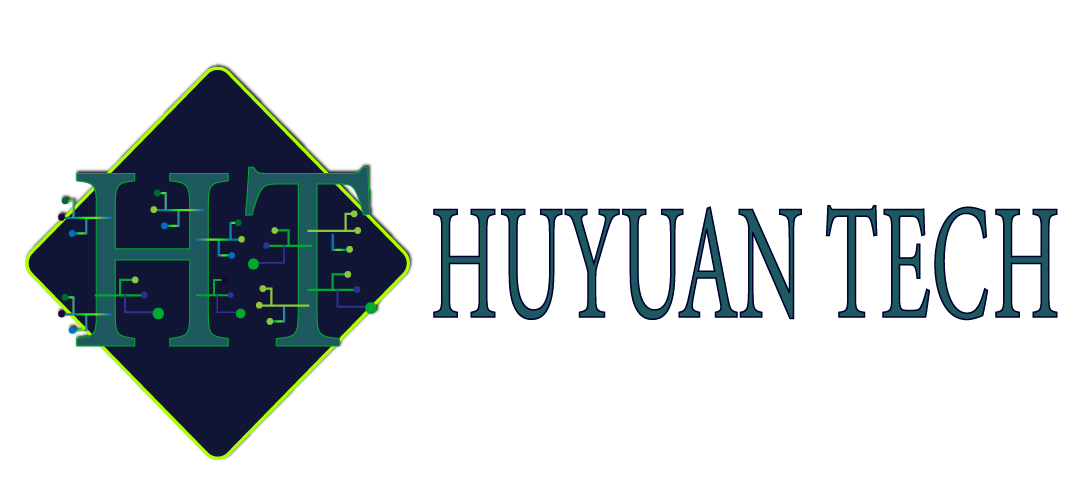In the vibrant landscape of today’s organization world, Chief Data Officers (CIOs) play a essential role in steering agencies through the complex kingdom of technology. While the custodians of an enterprise’s technical strategy, CIOs are assigned with harnessing the energy of emerging systems to operate a vehicle advancement, improve operations, and launch their organizations to the future. From moving the difficulties of electronic change to safeguarding against internet threats, CIOs are in the front of scientific advancements, shaping just how companies operate and compete in the global marketplace.

One of the major responsibilities of CIOs is always to chart a class through the ever-evolving technology ecosystem. This calls for keeping abreast of the most recent trends, from synthetic intelligence and blockchain to quantum processing and side computing. CIOs aren’t just accountable for knowledge these technologies but in addition for logically utilizing them to achieve a competitive edge. They should arrange engineering initiatives with over all organization objectives, ensuring that each technical investment contributes to the organization’s development and https://ciotech.com.au/
In an era where data is often regarded the newest currency, CIOs bear the duty of handling and safeguarding that priceless asset. Knowledge governance, privacy, and protection are paramount considerations, and CIOs should apply powerful methods to guard sensitive and painful data from cyber threats and breaches. Furthermore, CIOs are crucial in leveraging knowledge analytics to remove important ideas that can advise proper decision-making. The capacity to transform vast levels of information into actionable intelligence is a characteristic of an effective CIO in the electronic age.
Cooperation is another key facet of the CIO’s role. Effective engineering integration needs effective transmission and effort with different stakeholders, including executives, team heads, and IT teams. CIOs must connection the difference between complex difficulties and business objectives, translating technological terminology in to clear language for decision-makers. By fostering a lifestyle of relationship and invention, CIOs can make sure that engineering becomes an enabler rather than hindrance to organizational success.
The CIO’s position stretches beyond the standard limits of the IT department. Nowadays, CIOs are strategic business leaders who positively donate to shaping an organization’s overall strategy. They are important people of the government team, participating with CEOs and different C-suite professionals to align technology initiatives with broader company goals. This shift shows the acceptance that technology isn’t simply a support function but a driver of organization accomplishment and competitive advantage.
But, with advancement comes difficulties, and CIOs must navigate the fine stability between adopting cutting-edge technologies and controlling associated risks. Cybersecurity, in particular, is a continuing issue, as businesses experience significantly advanced threats. CIOs should apply sturdy cybersecurity measures, remaining one stage ahead of potential breaches and safeguarding against knowledge loss.
As companies continue steadily to embrace distant and cross work designs, CIOs have reached the forefront of surrounding the digital workplace. They should ensure that technology supports easy effort, enhances output, and fosters a positive staff experience. Including implementing tools for electronic communication, effort programs, and cybersecurity methods to safeguard distant work environments.
To conclude, the role of CIO in today’s tech-centric world is multifaceted and demanding. CIOs should be visionary leaders, strategic thinkers, and adept technologists, navigating a complex landscape to drive advancement and guarantee the resilience of these organizations. As technology remains to evolve, the significance of the CIO in shaping the electronic future of enterprises remains more important than ever.
